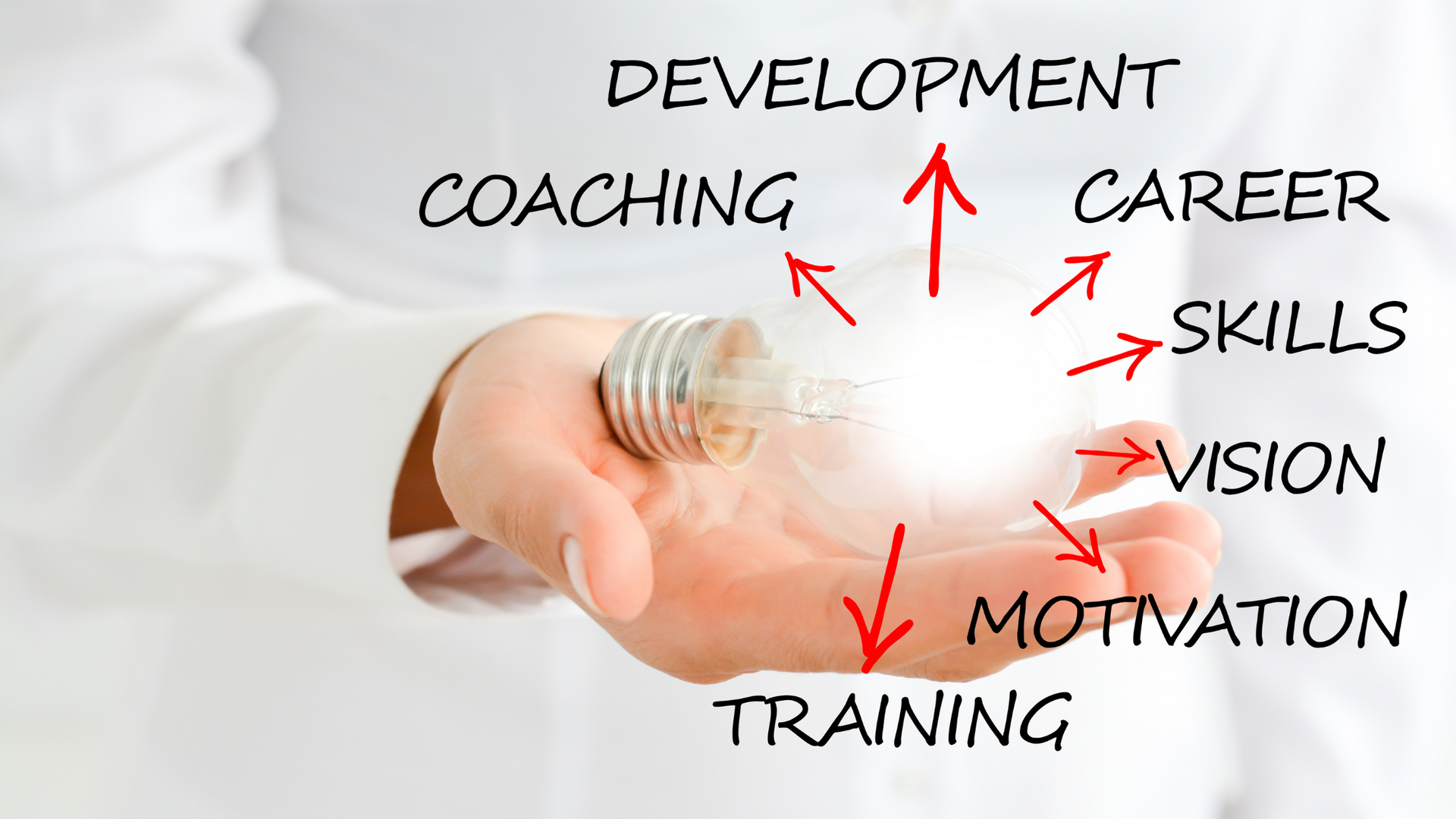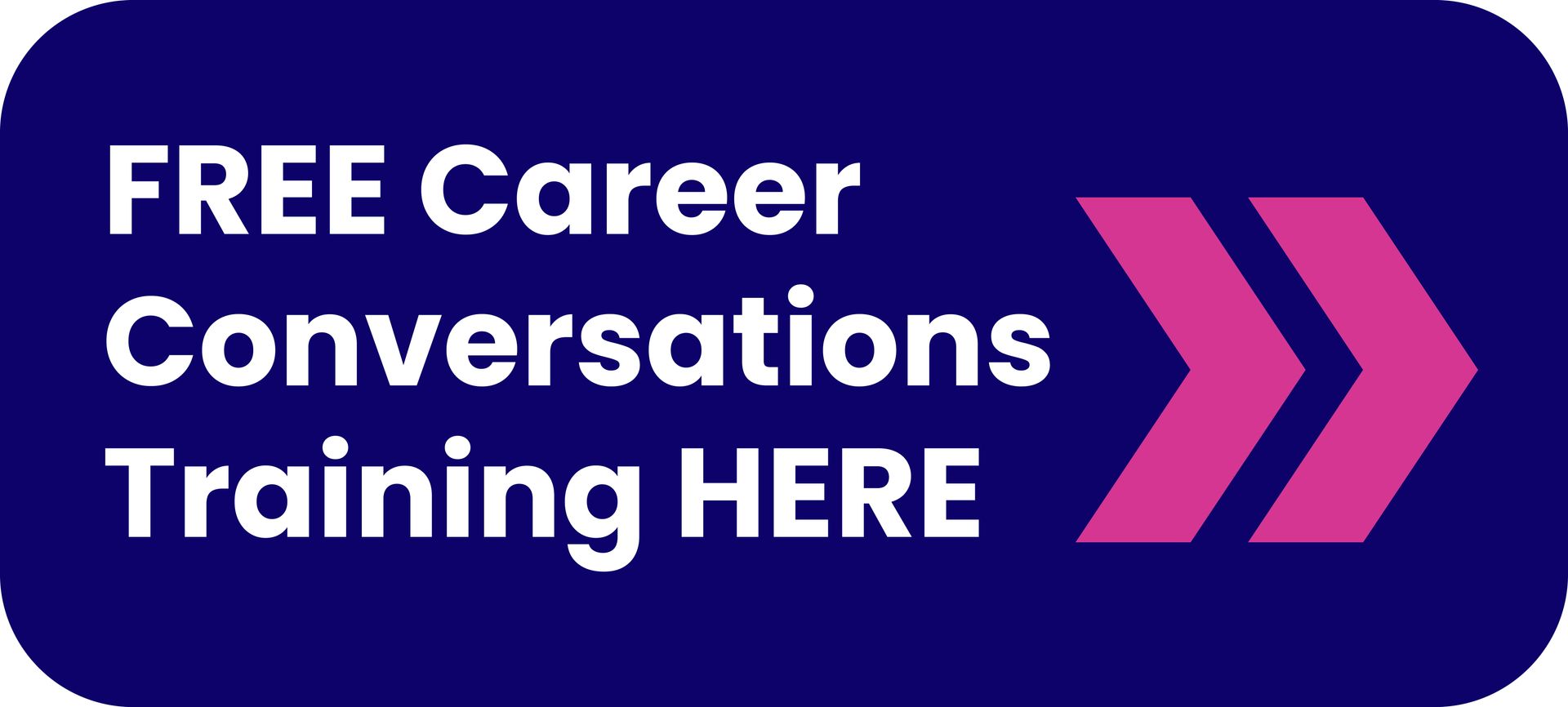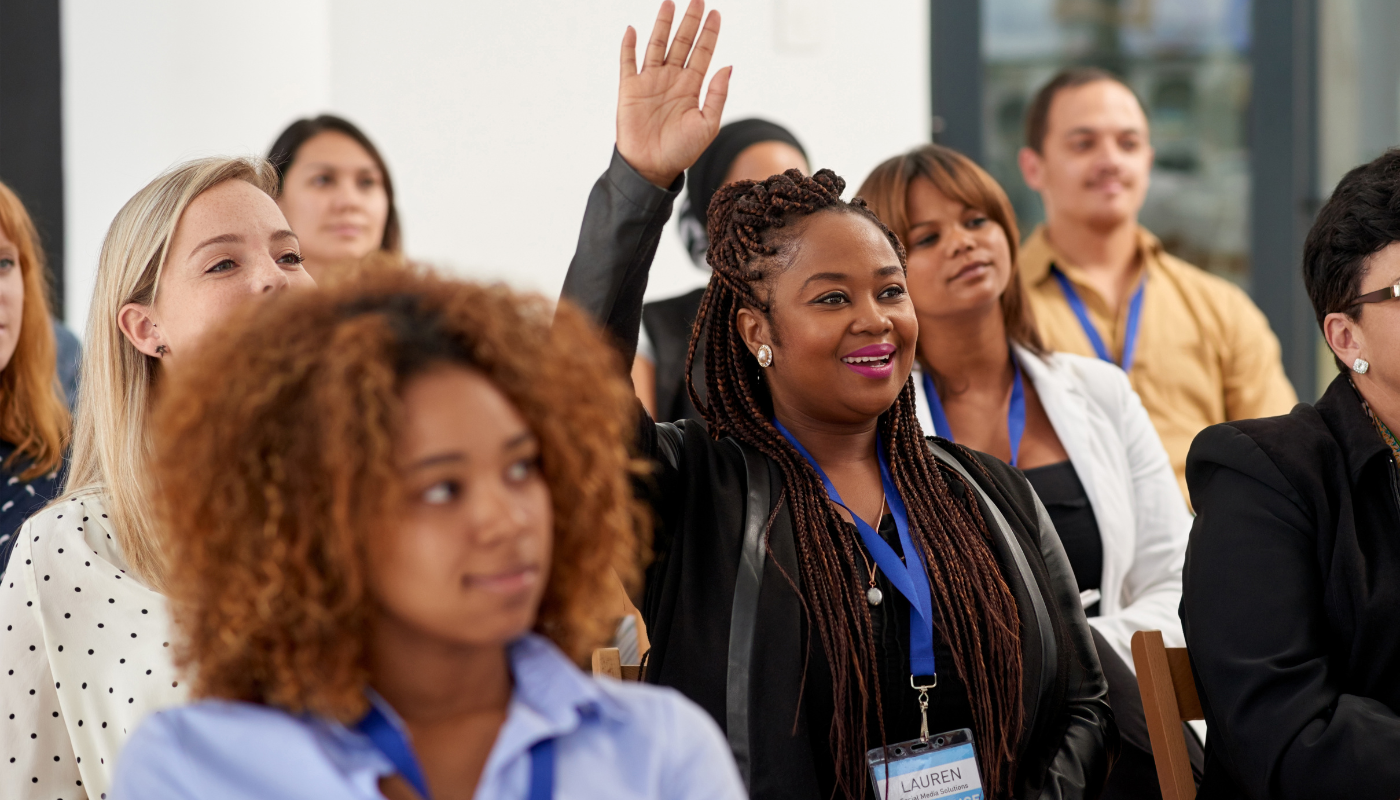What Does a Successful Graduate Programme Look Like?
A successful graduate programme. Who doesn't want one of those?
Crafting a highly effective, valuable and graduate programme is no small feet! But it isn’t just about attracting top talent into the programme, ensuring we retain them after and continue to support their development beyond just the graduate programme duration is vital to the scheme success.
We see the world of work continuing to change at a rapid pace and we know that younger generations switch jobs more frequently. The ISE Student Development Survey 2020 data shows that 85% of graduates complete their initial graduate development programme, 72% are still with the same organisations after 3 years, with dropping off to 57% after 5 years.
So, how should we set them up for success within our organisations? And how do we keep them for longer?
You only have to look at the NGDP (National Graduate Development Programme) for the Local Government Association to see how the success of a great graduate programme enables them to continue to grow recruitment numbers, attracting thousands of applications each year. Their 2022/23 programme saw their largest ever cohort with 212 graduates (up 35 places from the previous year). 91% of graduate respondents who finished the NGDP programme in 2022 said they were likely to recommend the NGDP to others.
Truly successful graduate programmes support their talent in their continued development, keeping them curious and enthusiastic about their next chapter in the organisation.
The Value of a Successful Graduate Programme
There’s no one size fits all when it comes to the definition of a graduate programme, some are small scale and simple, with a gentle introduction into the world of work, whereas on the other end of the scale, they may involve multiple rotations throughout the organisation.
But regardless of the type and scale, successful schemes extend beyond individual career development. There are so many positives for the organisation too; enhanced employee engagement and retention, innovation and adaptability, positive employer branding, talent pipeline and succession planning, diversity and inclusion, long-term cost savings, community and social impact.
Bringing a steady stream of raw talent into an organisation means graduate programmes can help evolve an organisation with fresh thinking, positioning the company for long-term growth and sustainability.
And the benefit to graduates? A cushioned entry into the world of work where your talents are nurtured, you’re seen as an individual, your voice is heard and you're given the opportunity to establish where in the business you can thrive.
The Importance of Fit in a Successful Graduate Programme
Let's not underestimate how daunting moving into world of work can be after full time education.
For many graduates, a successful transition from academia to the professional world can be facilitated brilliantly by a well-structured, comprehensive and thoughtful graduate programme. Graduate programmes therefore play a crucial role in shaping the future for these talented individuals.
And that’s the key, they are individuals and whilst the programme may be working at scale, we can not ignore the importance of individual fit. A successful programme will encompass the alignment of the individual, the organisation and the overall programme structure. Ensuring a strong fit will contribute to the effectiveness of the programme for both the graduate and the organisation.
The Importance of Self-Discovery in Successful Graduate Programmes
Helping graduates to develop their skills in self-awareness and personal reflection will be a strong component of a successful graduate programme. Throughout their journey they need to discover what matters most to them, where they fit in the world of work and your organisation and learn how to navigate the opportunities and challenges that lie ahead.
Avoid making the assumption at the beginning that graduates already have a given level of self-knowledge, a level of experience in the world of work and some idea of their career goals. If we do this, we risk missing a great opportunity to equip them with good self-discovery tools.
The good news is that self-discovery work tends to be enlightening, motivating and fun. It’s often filled with opportunities to work closely with peers and collaborate too and that’s especially helpful for those who perhaps have historically relied on parents and tutors to tell them their strengths and what they should do. Good self-discovery tools and techniques equip them with the skills to identify who they are when at their best, what they want from their world of work, rather than just absorbing what others tell them they are.
Career Planning in a Successful Graduate Programme
We believe that career planning is a crucial element of a successful graduate programme. Organisations who don’t incorporate this or do it poorly will no doubt be experiencing a range symptoms higher levels of attrition to poor productivity or performance.
Building in high quality career conversations to your graduate scheme will encourage them to own their career and be more proactive about their career choices. These conversation will help them articulate their aspirations, explore opportunities with confidence and make informed decisions. It builds stronger relationships, leading to improved levels of retention, higher engagement and stronger performance.
And what if your graduate programme isn’t quite right for them? The earlier you explore this with them the better, good career planning and conversations will helps you to identify why the fit isn’t quite right, explore organisational options and take the right next steps. A cost-effective reason to start your grads thinking about managing their future within your organisation.
Whilst a number of organisations do now see the importance of incorporating career conversations into their graduate programmes, there's often still some uncertainty about the how and the when.
Our advice is to not see career planning as a ‘end of the scheme’ bolt-on. Leaving these crucial conversations to end means not giving it the gravatas it deserves. It’s so much more effective when weaved throughout the programme, helping them to learn from their graduate journey along the way, building self-discovery skill levels, growing self-knowledge and gaining career clarity.
Career Planning for Your Successful Graduate Programme - An Action Plan
Incorporating career planning into your graduate programme doesn’t have to be a complex mission. Incorporating a simple and effective step-by-step approach will help your graduates to identify options for their future career choices and share that with you.
Here’s an example of how we would recommend incorporating career conversations in a successful 1-year graduate programme;
- First 3 Months
Use the first three months of the programme as your opportunity to introduce the concept of personal development to your graduates. Using a ready-made structure such as the Career Equation® gives you the tools to help them identify where they want to go and define what success looks like for them.
- After 6 months
As they become more familiar with the world of work, your grads will be ready to give their career plans more thought. Again, use the Career Equation® to hone their areas of interest in more detail and start to determine the direction of travel.
- After 9-12 months
As their time within the programme draws to a close, it's time to refine their career plans and goals within your organisation using the Career Equation® structure. The resulting roadmap becomes a tool for them to follow and for you and their line manager refer to and review over time.
Programme Completion
Avoid automatically allocating a role to your grads at the end of their programme. Aways work closely with them throughout the programme to build a better picture and then support them to choose a position that suits them and works for the organisation too. If you have incorporated good quality career conversations throughout the scheme then this will be a natural progression and a much smoother transition.
Building an approach that incorporates this level of self-discovery will create a sense of empowerment. Resulting in higher levels of career ownership, improved career clarity for the graduates, the managers and the organisation. Closely aligning as much as possible what matters most for the graduate when it comes to their ambitions, with organisation's requirements and opportunities.
The result? Happy and confident graduates who can see a path ahead of them that fits their ambitions and who are more likely to stay in their roles for longer.
But don’t just take it from us, hear from one of our clients who has incorporated our simple and practical framework The Career Equation® into their EuroNorth graduate scheme and seen a significant impact on their attrition numbers, going from 20% to 1%. Here’s a snippet from Alina Mann, a Learning Experience Manager from Dassault Systemes;
“Career Matters are an integral part of our EuroNorth Graduate programme at Dassault Systemes, we love what they bring to the programme and we wouldn't be without it.
We work hard to invest in our workforce of the future and provide many opportunities for them to build on their skills, knowledge and confidence. A key priority is to ensure we support our younger generation with the right tools and guidance on how they can navigate their careers and thrive at work.
As a result, our grads are equipped to own their careers, they have gained career clarity and the tools to help them navigate the vast opportunities that we have to offer them.
The team at Career Matters are experts, they really listen to what's most important and focus on ROI, plus they are fun, energetic and full of ideas. I highly recommend them to any organisations invested in helping their graduate population to own and drive their mobility in their company.”
Are you ready to build career conversations into your graduate programme? Let us help you with our proven approach to career management – The Career Equation®.
Here’s 3 steps you can take right now;
- Book a FREE discovery call with us here
2. Take a look at our Dassault Systemes case study here
3. Join us for a LinkedIn Live event on the 20 June at 1pm for free careers support for a mid life career change – sign-up here
Source Information:

Contact us
EricaSosna Ltd
MJF Accountancy Ltd, 47 Booker Avenue, Liverpool, L18 4QZ
Company Number: 08665931;
VAT Number: 232324153.
Struggling to retain and engage your best people? Book a free discovery call with our expert Career Equation retention coaches.








